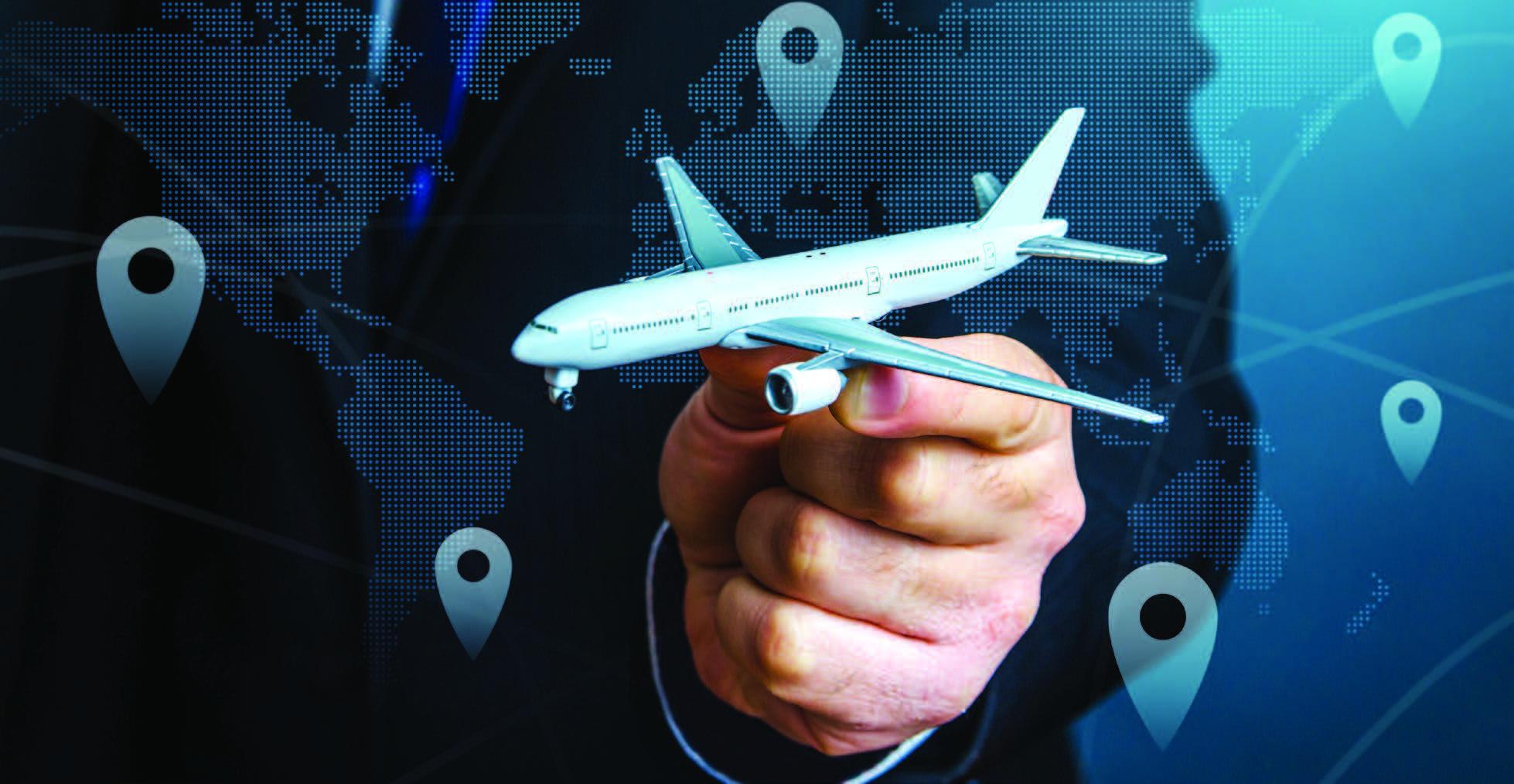Ask The Expert: CAE’s Approach to Digital Transformation

Aviation Week Network hosted a conversation with Joanna Szymczyk at CAE, Inc., a leading technology company that digitalizes the physical world, deploying software-based simulation training and critical operations support solutions. Flightscape, CAE’s portfolio of airlines operations digital solutions partners with airlines to implement digital transformations that modernize and optimize airline operations and improve the passenger experience.

Joanna Szymczyk
Vice President of Program, Customer Success, and Solutions Delivery for Flightscape – CAE’s portfolio of airline operations digital solutions.
Q: Why is this the right time for airlines to begin digital transformation?
A: Joanna Szymczyk: COVID-19 forced airlines to rethink their approaches to efficiency and customer experience—and to remaining competitive. Many airlines saw it as an opportunity to explore digital transformation for optimizing and updating critical operations like flight management, crew scheduling, and fleet maintenance through data analytics and automation. Five years later, these same carriers are facing heightened passenger expectations while working to operate more efficiently and with tighter margins. These dual pressures have made digital transformation not just beneficial but essential for airlines looking to thrive today. Upgrading, and in some cases replacing, entire digital platforms allows airlines to deliver personalized passenger experiences while streamlining backend operations to reduce costs.
Q What are the challenges airlines face in making a digital transformation?
A: Joanna Szymczyk: The first major challenge is complexity. When an airline decides to change systems, it is making a commitment that can last as long as 15 years. They must consider fundamental requirements like regulatory compliance, data privacy, and cybersecurity, not to mention sustainability.
The human factor can be just as challenging as the technology itself. Implementing complex solutions for flight management and crew scheduling involves numerous integrations. It’s crucial to carefully consider the IT aspects, including change management, training, and anticipating how people will react. Success requires sufficient time and the right resources. Airlines must ensure they have adequate staffing and resources while continuing their regular operations.
Q: How do partnerships with technology companies support an airline’s digital transformation?
A: Joanna Szymczyk: Our customers are investing not only in products but in lasting technology
relationships. These investments shape operations for decades and often involve a complex ecosystem of partners.
That’s why the ideal partnership goes beyond implementation to include ongoing support, change management, and technical expertise— areas where airlines might lack internal resources. While the technology itself enables improvements in fuel consumption, flight routes, and disruption management, what truly
matters is having a partner who understands both the technical and human elements of transformation. Cultural fit is also crucially important. The right partner doesn’t just provide solutions—it becomes an ally in the airline’s evolution.
Q: How does CAE support the digital transformation needs of airline partners?
A: Joanna Szymczyk: Everything we do focuses on helping airlines advance their transformation journey while quickly implementing solutions that deliver immediate value—and we’re always seeking ways to transform our own approach.
For example, we’ve completely reimagined how we implement solutions because we know 18 to
20 months is simply too long for customers to see benefits. We’ve tightened implementation time by applying automation and AI into specific activities while streamlining operations. Also, we’ve revamped our customer support processes with automation and 24/7 global coverage. And because of valuable customer feedback, we’ve developed a comprehensive professional services portfolio, including integration management, workforce staffing, and change management support.
Q: Airlines are under tremendous operational pressure today. How has CAE adapted to changes in their customers’ support expectations?
A: Joanna Szymczyk: We’ve transformed our approach in several ways. First, we prioritize high-severity incidents with 24/7 support teams that include experts from our product development and customer service departments. This has significantly reduced both resolution time and incident volume—we’ve even received industry recognition for our incident management process.
Second, we’ve leveraged technology to enhance our knowledge base, using automation and AI to analyze past cases and improve our solutions. We’ve also introduced self-service options for certain situations.
But most importantly, we’ve embraced personalization. Airlines under pressure don’t want generic support—they want immediate access to experts who understand their specific operation. We’ve established customer success managers dedicated to specific accounts who provide truly personalized support. So, when an airline calls CAE, they’re speaking with someone who already knows their operation inside and out.
Meet the Expert: Joanna Szymczyk is the Vice President of Program, Customer Success, and Solutions Delivery for Flightscape – CAE’s portfolio of airline operations digital solutions. She directs CAE’s strategic programs globally and spearheading business performance improvement efforts in the Civil Flight Services segment.


